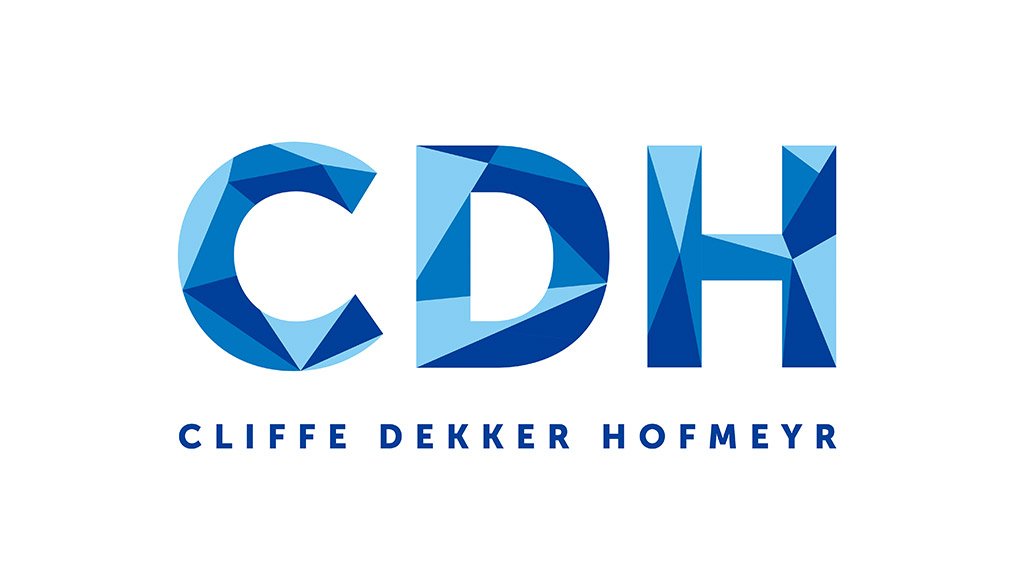On 8 July 2016, the National Treasury (Treasury) released the draft Taxation Laws Amendment Bill 2016 (TLAB). The TLAB aims to give effect to the various tax proposals announced in the 2016 National Budget.
By way of background, s10(1)(q) of the Income Tax Act, No 58 of 1962 (Act) exempts from taxable income, any “bona fide” scholarship or bursary granted to assist or enable any person to study at a recognised educational or research institution. However, if such scholarship or bursary has been granted by an employer to an employee or relative of such employee, the exemption will not apply:
- if the bursary or scholarship has been granted to enable or assist any such employee, unless the employee agrees to reimburse the employer if the employee fails to complete their studies for reasons other than death, ill-health or injury; or
- in the case of a scholarship or bursary granted to enable or assist any relative of an employee:
- if the annual remuneration derived by the employee for a year of assessment exceeds R250,000;
- the scholarship or bursary in respect of studies from Grade R–12 or a qualification to which a NQF level from 1 up to and including 4 has been allocated exceeds R10,000; and/or
- the scholarship or bursary in respect of a qualification to which a NQF level from 5 up to and including 10 has been allocated, exceeds R30,000.
The monetary limits associated with bursaries and scholarships to relatives of qualifying employees were last revised in 2013 and Treasury has realised that it has become necessary to align the monetary limits with the ever-changing economy. Increasing these thresholds will most likely support skills development and encourage the private sector (employers) to provide education and training.
The TLAB proposes that the monetary limits be increased for bursaries and scholarships granted by employers to employees or relatives of qualifying employees as follows:
- remuneration for qualifying employees will be increased from R250,000 to R400,000; and
- exempt bursaries or scholarships will be increased from R10,000 to R15,000 and from R30,000 to R 40,000 respectively.
It is clear from the above that the aim of the proposal is to assist low-income earners in providing their dependants and relatives with the necessary education, skills and training. This in turn will enable them to enter the job market and participate in growing the economy. This is also a meaningful and viable way in which employers may continue to make a long lasting positive contribution to alleviating the socio-economic challenges faced by our society, as well as bridging the gap between unemployment and poverty levels in a sustainable manner.
In conclusion, any “bona fide” scholarship or bursary granted to enable or assist any person to study at a recognised educational or research institution is exempt from normal tax. However, this exemption is subject to certain conditions, particularly where the scholarship or bursary is granted by an employer (or an associated institution to that employer) to an employee or relative of such employee.
The TLAB is available for public comment prior to its formal introduction in Parliament. Comments must be submitted by 8 August 2016.
Written by Mark Morgan and Gigi Nyanin, Cliffe Dekker Hofmeyr
EMAIL THIS ARTICLE SAVE THIS ARTICLE
To subscribe email subscriptions@creamermedia.co.za or click here
To advertise email advertising@creamermedia.co.za or click here











